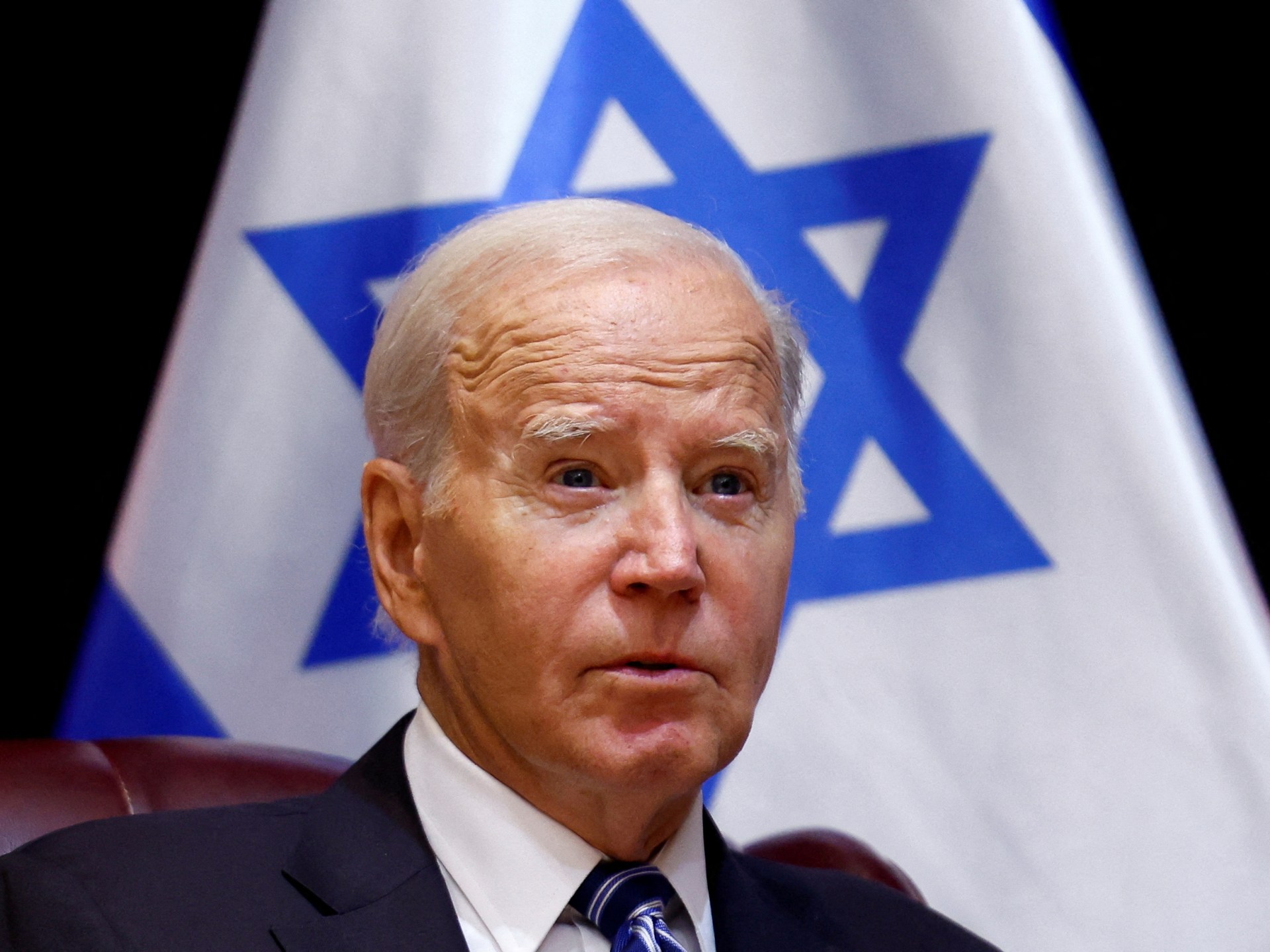Biden’s Plan to End Gaza Conflict Causes Political Turmoil in Israel
US President Joe Biden's proposal to halt the conflict in Gaza has thrown Israel's political environment into disarray. Israeli analysts agree that this plan has placed Prime Minister Benjamin Netanyahu in a precarious position, forcing him to make one of the most challenging decisions of his political career. Biden's plan includes stopping the war in Gaza and negotiating the release of hostages, a move that might lead to the dissolution of the Knesset and early elections due to internal political pressures.
Netanyahu’s Dilemma and Domestic Reactions
Prime Minister Netanyahu faces a dilemma between continuing the war against Gaza to satisfy his far-right allies or accepting Biden's plan and risk political fallout. Analyst Ben Caspit highlights that Netanyahu’s decision is fraught with complications as it involves either preserving his far-right coalition or aligning with a major geopolitical deal that could secure Israel's regional stability. The precariousness of Netanyahu's situation is further complicated by key figures in his government, such as Ministers Bezalel Smotrich and Itamar Ben Gvir, who have threatened to withdraw from the government if a ceasefire is enacted.
Public and Political Pressures Mount
Israelis, including families of hostages and various political figures, are urging Netanyahu to accept the deal. Biden’s plan aims for a phased ceasefire, the release of hostages, and significant steps towards Gaza's reconstruction. While some see this as a necessary move to end the hostilities, others view it as a threat to Israel’s long-term security objectives. Notably, former Labor Party leader Shelly Yachimovich and opposition leader Yair Lapid have voiced that without Netanyahu’s departure or a change in his approach, the plan's execution remains uncertain.
Former Israeli consul Alon Pinkas noted in Haaretz that Biden’s announcement demonstrated a strategic move that could either pressure Netanyahu or expose his unwillingness to engage in peace negotiations. The plan’s clear phase involving hostages' release and the withdrawal of Israeli troops from Gaza stands contrary to Netanyahu's stance and the far-right’s agenda of continued conflict.
- Former Labor Party leader Shelly Yachimovich has argued that as long as Netanyahu remains prime minister, Biden's plan will face severe challenges. Netanyahu’s coalition partners from the far-right have expressed their intention to dismantle the government if a deal is accepted, which complicates the situation even further.
- US, Egypt, and Qatar mediators have highlighted that the proposed deal could provide immediate relief to hostages and Gaza residents alike. Yet, Netanyahu reiterated that any permanent ceasefire must meet Israel's conditions of dismantling Hamas' military capabilities and ensuring Gaza no longer poses a threat.
- Benny Gantz’s statements reflect a united Israeli front in achieving the return of abductees while also pushing for the continuation of achieving war objectives. He emphasized the need for a coherent strategy involving the negotiation team and war management cabinet to formulate the next steps.
- Hamas has responded positively to the proposal but insists on a complete ceasefire and comprehensive prisoner exchange. The continuation of talks remains uncertain as both sides grapple with the intricate details necessary to transition through the phases of the proposal.






